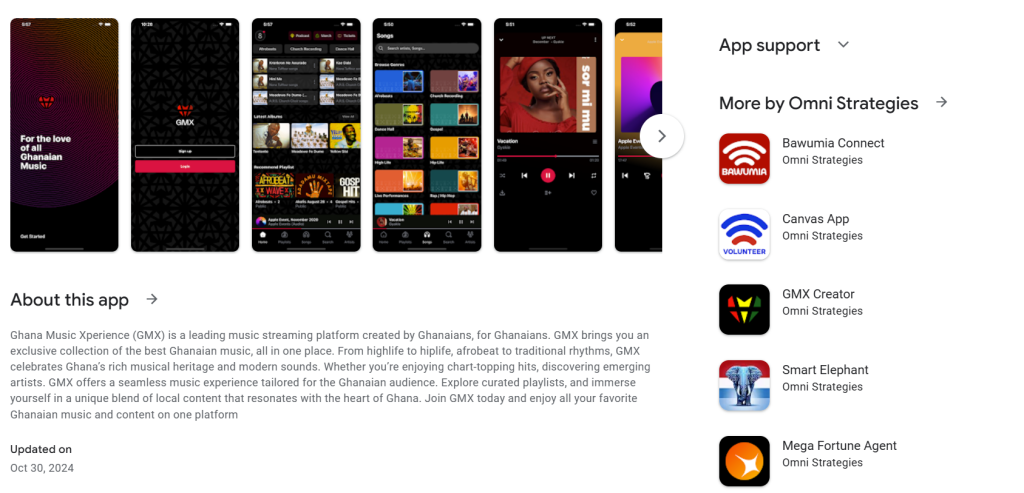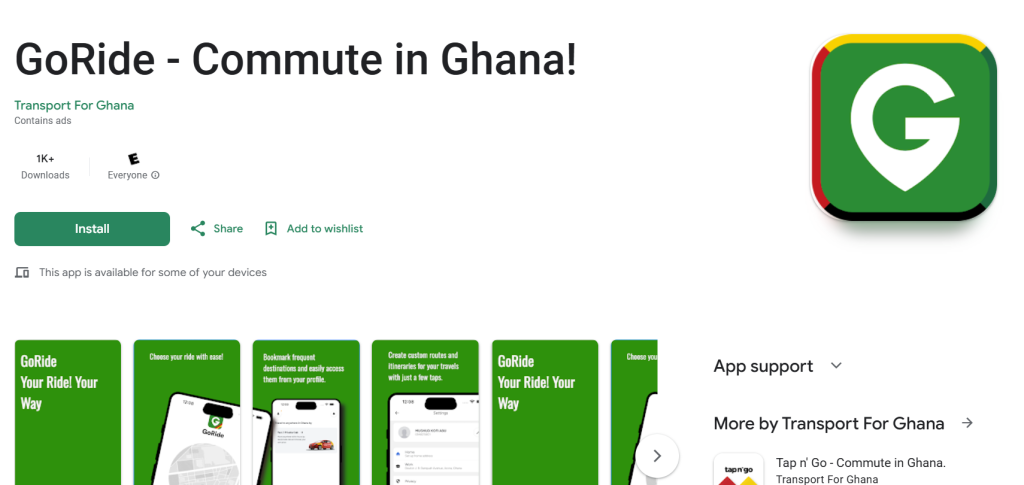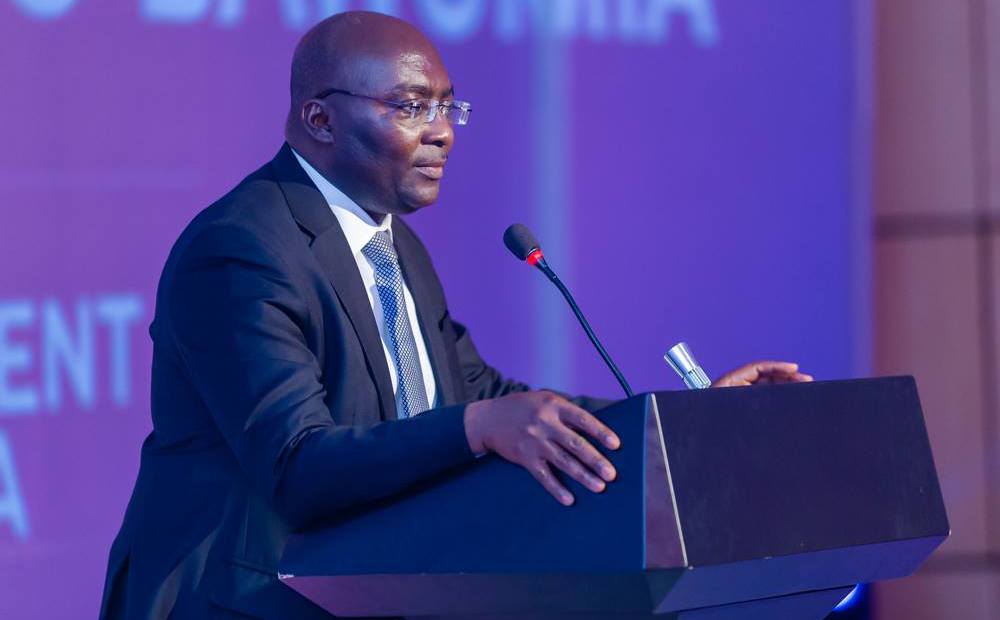In recent days, Ghana’s Vice President Mahamudu Bawumia, who is currently running for the Presidency on December 7, has been on a streak of announcing and launching mobile app initiatives as part of his digitization agenda.
With only a couple of months left to the election, some have been wondering whether these efforts represent a cohesive national digital strategy or if this is a political stunt to garner more votes in the forthcoming election.
Ghana Music Streaming App
The Vice President this week launched a digital mobile app called “Ghana Music Xperience“, a music streaming platform that features solely Ghanaian musicians. The mission of the app is to help the local music industry gain more attention and attain more revenue for artists through royalties.
However, this launch seems flawed especially when there are other local music apps like Aftown and Boomplay which already helping to put a spotlight on local music acts. In essence, by launching a new music streaming app, the government is competing with the private sector.
Curiously, the developers of the app, Omni Strategies, have also developed mobile apps for the Vice President’s campaign including “Bawumia Connect”, a mobile campaign app for the Vice President.

Using these same developers to launch a music streaming app for the country begs the question of whether there is a conflict of interest and what the procurement process was to develop this mobile application.
So is this app meant for the country at large as part of a national strategy? Or is it just a personal request from the Vice President to launch a music-streaming app?
Launch of the GoRide App
Not to be outdone, the Vice President also launched a ride-hailing platform called GoRide. The app is similar to existing platforms like Uber and Bolt. The only exception is the commission charged by the platform which is at 10% compared to the competition which is around 20%.

This strategy also seems a bit far-fetched because once again, the government appears to be competing with local private sector players like Uber for drivers. In the long term, this does not seem like a well-thought-out strategy considering that Bolt and other players have more reach and better ways to scale their products.
Digging deeper, the developers of the GoRide app also developed the “Tap N Go” application for the Ghana Public Transport Union (GPRTU) and the Metro Mass bus company which also calls into question the procurement process taken to develop a “national” ride-hailing service for local drivers.
The “Personal Checklist” Critique
The critique that these initiatives are more of a “personal checklist” suggests a lack of strategic alignment, as the Vice President’s digital projects seem to be chosen based on high-visibility value rather than sustainable impact.
By focusing on projects with immediate, but sometimes superficial, public appeal, one can argue that the Vice President may be prioritizing his personal legacy over enduring change.
This approach could lead to a fragmented digital landscape, with disconnected solutions that lack interoperability and a unified vision.
Why a Cohesive Government Strategy Matters
If Ghana’s digital transformation efforts are to fulfill their potential, they must evolve beyond the “personal checklist” approach.
For the Vice President and other leaders, this means embracing collaboration across all levels of government, the private sector, and civil society.










